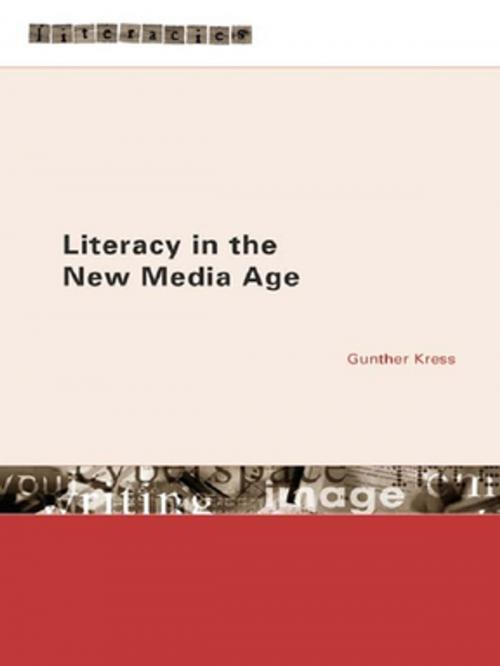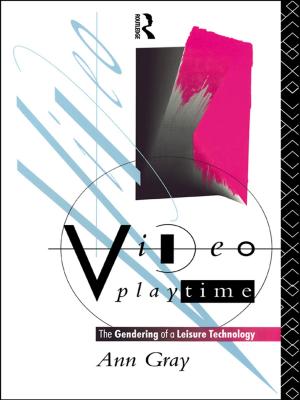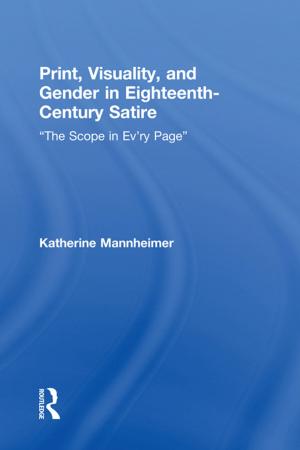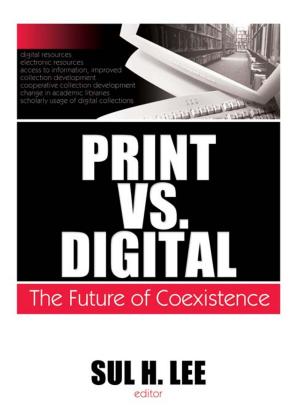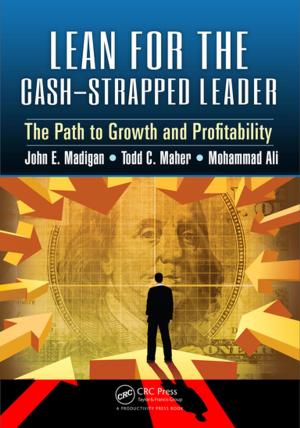Literacy in the New Media Age
Nonfiction, Reference & Language, Language Arts, Literacy, Linguistics| Author: | Gunther Kress | ISBN: | 9781134525317 |
| Publisher: | Taylor and Francis | Publication: | September 2, 2003 |
| Imprint: | Routledge | Language: | English |
| Author: | Gunther Kress |
| ISBN: | 9781134525317 |
| Publisher: | Taylor and Francis |
| Publication: | September 2, 2003 |
| Imprint: | Routledge |
| Language: | English |
In this 'new media age' the screen has replaced the book as the dominant medium of communication. This dramatic change has made image, rather than writing, the centre of communication.
In this groundbreaking book, Gunther Kress considers the effects of a revolution that has radically altered the relationship between writing and the book. Taking into account social, economic, communication and technological factors, Kress explores how these changes will affect the future of literacy.
Kress considers the likely larger-level social and cultural effects of that future, arguing that the effects of the move to the screen as the dominant medium of communication will produce far-reaching shifts in terms of power - and not just in the sphere of communication. The democratic potentials and effects of the new information and communication technologies will, Kress contends, have the widest imaginable consequences.
Literacy in the New Media Age is suitable for anyone fascinated by literacy and its wider political and cultural implications. It will be of particular interest to those studying education, communication studies, media studies or linguistics.
In this 'new media age' the screen has replaced the book as the dominant medium of communication. This dramatic change has made image, rather than writing, the centre of communication.
In this groundbreaking book, Gunther Kress considers the effects of a revolution that has radically altered the relationship between writing and the book. Taking into account social, economic, communication and technological factors, Kress explores how these changes will affect the future of literacy.
Kress considers the likely larger-level social and cultural effects of that future, arguing that the effects of the move to the screen as the dominant medium of communication will produce far-reaching shifts in terms of power - and not just in the sphere of communication. The democratic potentials and effects of the new information and communication technologies will, Kress contends, have the widest imaginable consequences.
Literacy in the New Media Age is suitable for anyone fascinated by literacy and its wider political and cultural implications. It will be of particular interest to those studying education, communication studies, media studies or linguistics.
